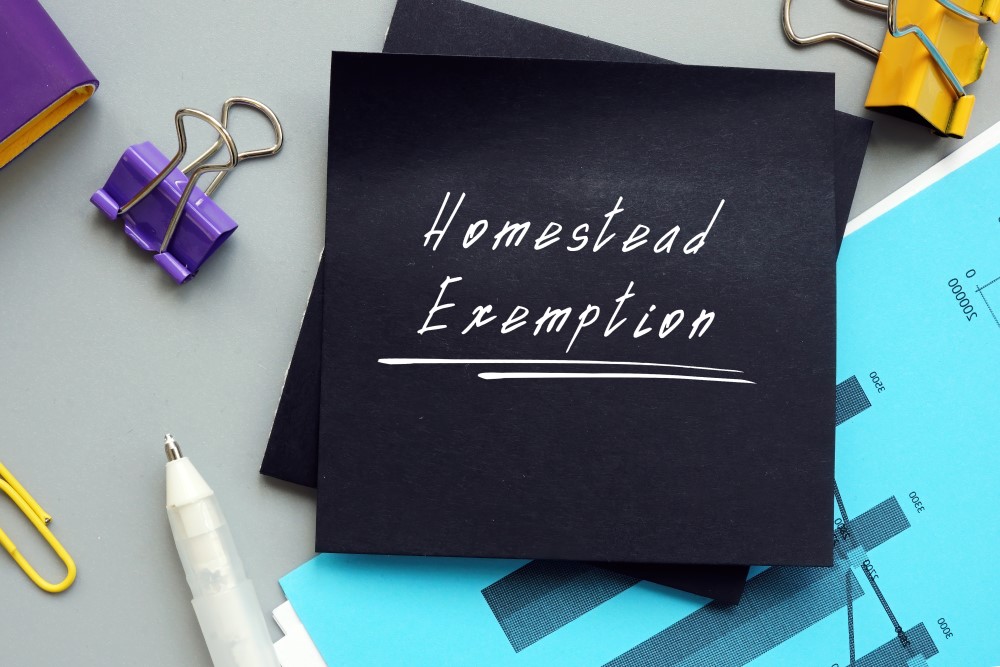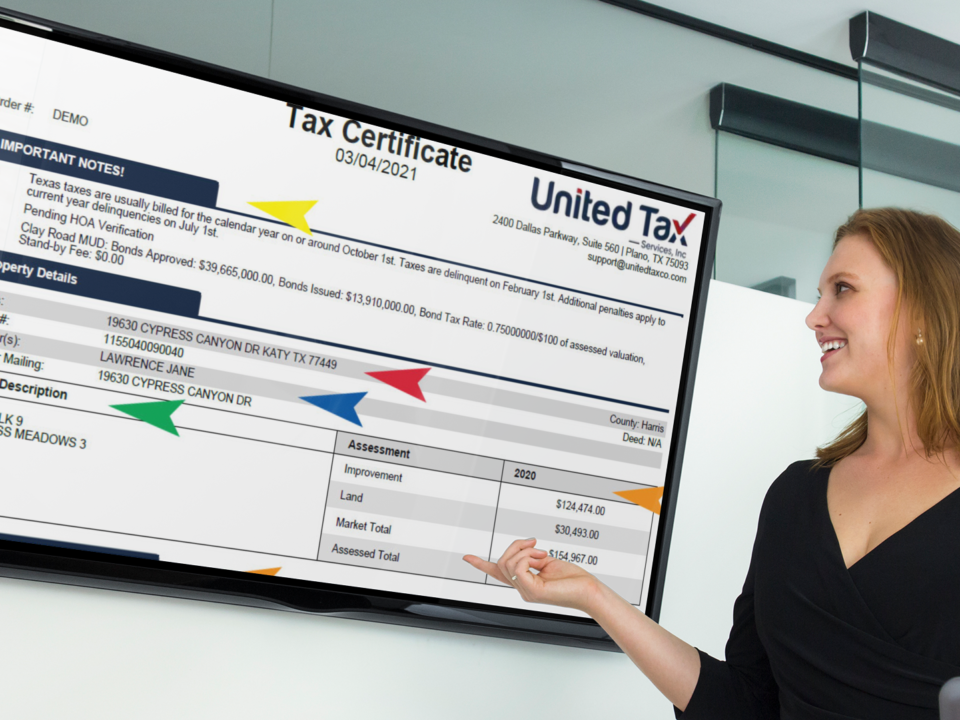Delinquent Taxes: Staying Current on Your Biggest Investment | Industry Articles
For nearly everyone in the world, the biggest purchase and investment they will ever make is their own home. A home is much more than that however, it is where we laugh, grow, plan, and party (well maybe not so much partying this last year.) Protecting your investment is critical, and you wouldn’t miss a mortgage payment or your homeowner’s insurance premium, so make sure you don’t put off paying your taxes either! This month, we will go over the Texas tax cycle and some tips to lower your tax liability.
While the tax year technically starts on January 1st, previous year taxes are not considered delinquent until February 1st. At this point, taxes are subject to penalties and interest and will be charged daily. If you still have not brought your tax debt current by July 1st, your home is now subject to seizure and sale by auction. This may not happen for months or years but is certainly not something you want hanging over your head. Let’s go back in time a bit and discuss ways you can protect yourself and your home.


First off, make sure you have applied for any exemptions you and your family may qualify for. You can read my article from November 2020 for advice on seeking out your eligible exemptions. These exemptions applications must be filed by April 30th, typically. Exemptions can drastically reduce the amount of taxes that are applicable to your parcel. The most common, the Homestead Exemption, is available to anyone and everyone on their primary residence. Other exemptions include Over 65, Disabled Veteran, Agricultural, and others.
The next step is to protest your property valuation, if necessary and applicable. By protesting the valuation of your property, you can decrease what the county says your home and land are worth, dropping your tax liability immediately. Finally, if you just can’t pay your taxes this year on time, you can enroll in a payment plan, but this is not a choice to make lightly.

You must be confident that you can repay your late taxes quickly and prepare to pay next year’s taxes without assistance. If Texas property taxes are due on your homestead, taxing entities are required by law to offer you a payment plan. While payment plan details vary by county, there are a few points to keep in mind:
- Down payments can be as high as 25% and an interest rate of 12%.
- In most cases you must make equal monthly payments for 12-24 months often resulting in relatively high monthly payments.
- Can only be done once every 2 years, so you can’t get a repayment plan every year.
- If you default on your payment, you’ll be subject to retroactive penalties and interest.
This is a difficult choice to make but is far better than letting penalties and interest accrue, along with the looming threat of seizure and sale. Make sure that you are getting every exemption you qualify for, and that the value of your home is fair and accurate. Your property is more than just a piece of land, stay proactive to protect your investment and make sure you pay those taxes!





